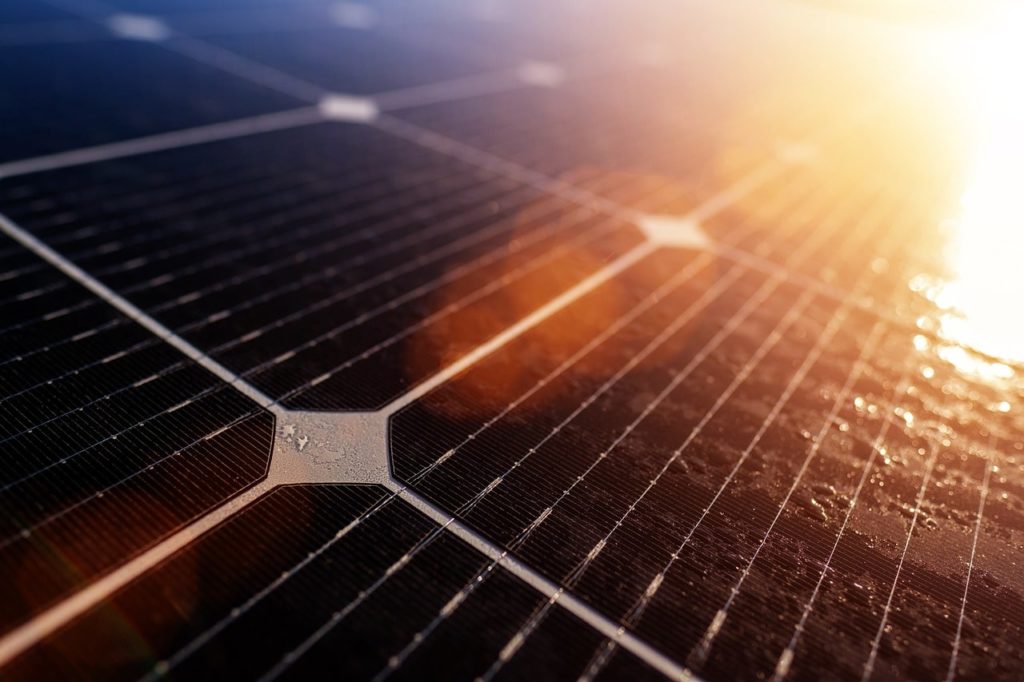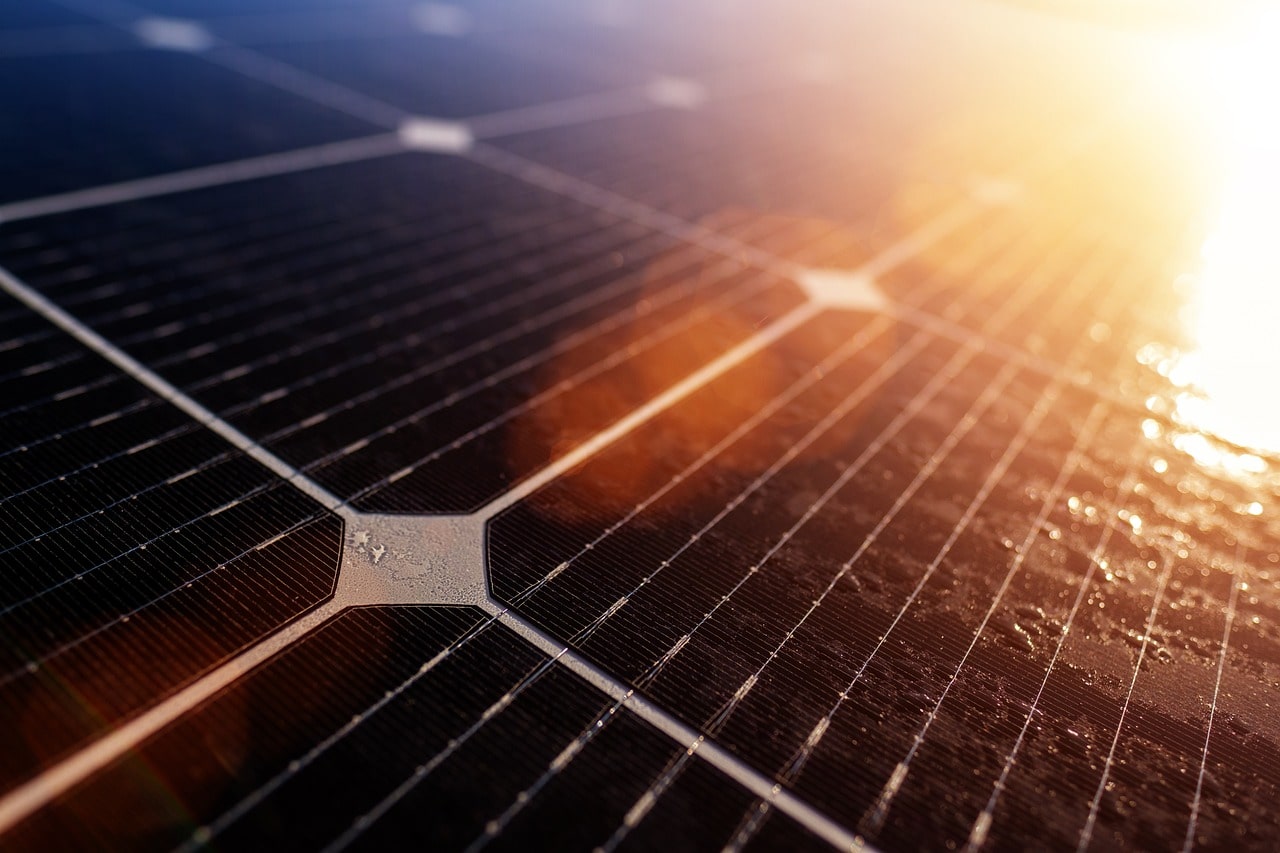Commercial solar panels are an important part of sustainable energy in the United Kingdom, helping businesses in Hull and Leeds turn sunlight into electricity. However, a common question often arises: “What happens to solar panels when it rains?”. Given the UK’s frequent rainfall, this is a particularly relevant concern.
The Benefits of Rain on Commercial Solar Panels
Despite common beliefs, rain is actually beneficial for solar panels. One of the key advantages of rain is its natural cleaning ability. Over time, dust, dirt, and other debris can accumulate on the surface of solar panels, potentially reducing their efficiency by blocking out sunlight. Rain acts as a natural way of cleaning, washing away these materials and helping to maintain the panels’ efficiency.
This cleaning helps the panels work at their best, maximising the amount of sunlight converted into electricity. In the UK, where rain is frequent, this natural cleaning process is especially valuable.
Cooling Effect
Another lesser-known benefit of rain is its cooling effect on commercial solar panels. Solar panels tend to work more efficiently at lower temperatures, and rain helps to cool them down, preventing them from overheating. Overheating can reduce the overall efficiency of solar panels, so the cooling effect of rain helps them keep working well, even after long exposure to sunlight. This means that even on rainy days, solar panels can perform at their best.
Built to Last
Given the UK’s wet climate, it’s vital that commercial solar panels are designed to withstand rain and other harsh weather conditions. Because of this, modern solar panels are built with durability in mind. They are constructed using materials like tempered glass and corrosion-resistant frames that are specifically designed to endure exposure to rain, wind, and varying temperatures.
Generating Power on Cloudy Days
Whilst rain itself is not a problem, the cloudy skies that often accompany it can reduce the amount of sunlight reaching the solar panels. However, thanks to advancements in solar technology, modern panels are designed to generate electricity even in low-light conditions. Commercial solar panels today are far more efficient and capable of capturing sunlight even on cloudy days.
Commercial Solar Panels from GW Power-Safe
At GW Power-Safe, we take pride in offering commercial solar panel solutions that are engineered to withstand the British weather, ensuring continuous, clean energy production. If you’re considering investing in commercial solar panels for your business, our expert team at GW Power-Safe is here to assist you every step of the way—from consultation to installation and ongoing support.
Contact us today to discuss your project and learn more about how we can help you achieve greater sustainability for your business.





